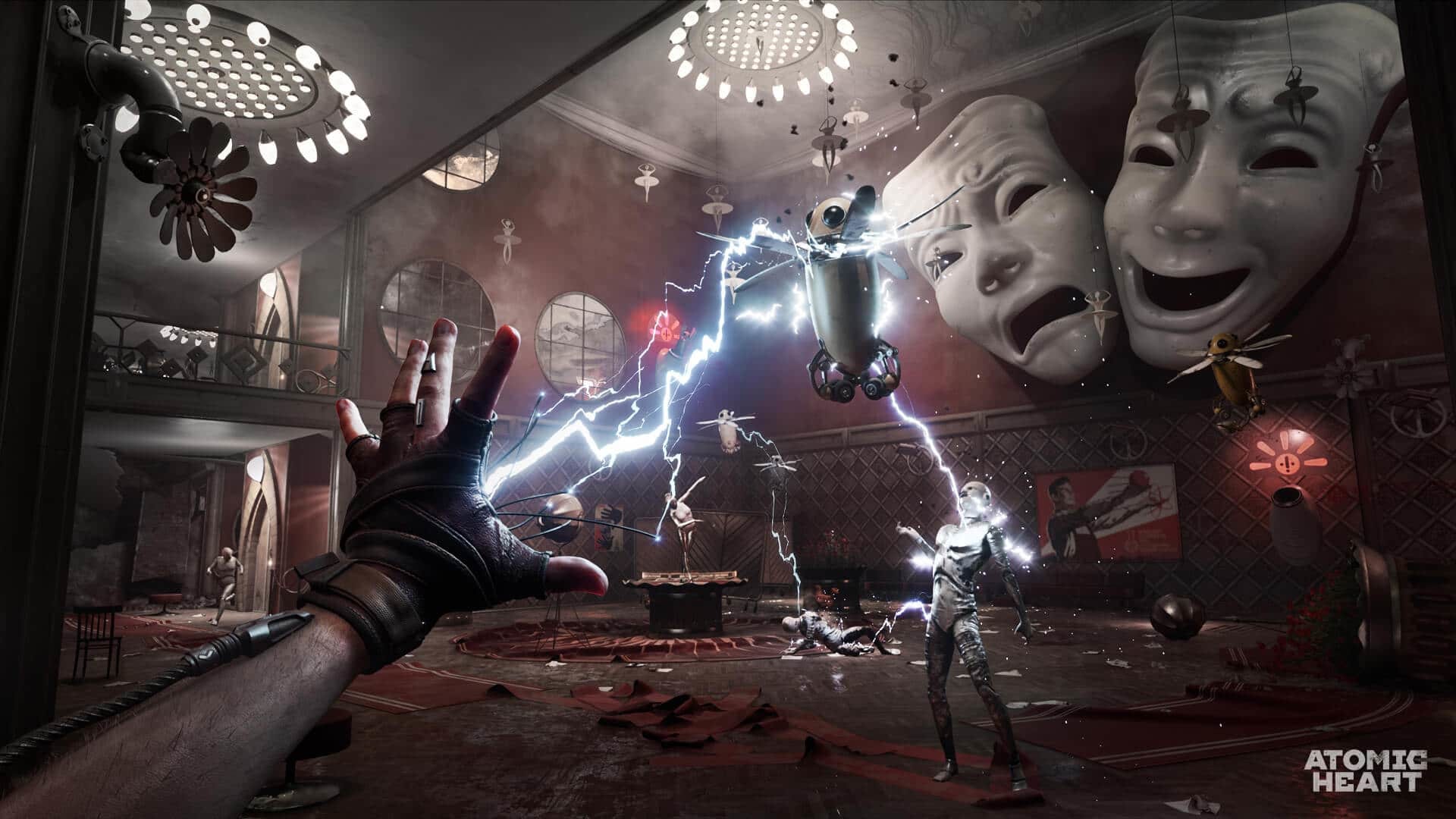

In his letters, Fedorov said the concerns stem from Mundfish being a Russian company with Russian management. Still, Atomic Heart has remained a flashpoint for debate about the ethics of purchasing a game. The company behind the game and its investors deny ties to Russia and the Russian government. Harenko did not respond to a request for comment.Ītomic Heart’s production, which was announced more than five years ago, predates the full-scale Russian invasion of Ukraine. “This kind of approach to the showcase of the USSR and communism walks a thin line between using it for world-building and praising it,” Harenko said in a video titled “Please, Don’t Buy Atomic Heart.” Harenko, whose video on the game received more than 2 million views, said in the video he believes the game crosses that line. Fedorov specifically pointed to the game's promotion of "the communist regime and Soviet symbols." (NBC News has not played Atomic Heart.) Critics are also wary of the game's lead character, Nechaev, who is a member of the KGB and loyal to the USSR. Those who believe the game is propaganda point to things like Atomic Heart’s aesthetic: a utopian USSR where red banners adorned with hammer and sickles are a frequent part of the scenery. Atomic Heart, with its sleek graphics and unique gameplay, has earned positive reviews since its debut. The game has been compared to BioShock, the wildly popular first-person shooter launched in 2007. Through Nechaev, the player unravels the mystery of why the robots have gone on a killing spree.

The story follows fictional character Major Sergey Nechaev, who also goes by P-3, who must shut down a group of robots who have gone rogue and begun killing the locals. MundfishĪtomic Heart is set in a thriving 1950s Soviet Union, where robotics and technology have advanced far beyond our modern day. A still from the video game Atomic Heart. Those calling for boycotts also have suggested the game is Russian propaganda. Those critical of Atomic Heart have pointed to an alleged connection between Mundfish, the game’s developer, and Russian state-owned and state-sanctioned companies and enterprises - a charge that Mundfish denies. At that point it depends only on your moral compass,” Ukrainian YouTuber Harenko said in a video about the game. “Some users could make a claim that they could simply pirate it, and pay no money to the Russian devs, and still enjoy the game.


 0 kommentar(er)
0 kommentar(er)
